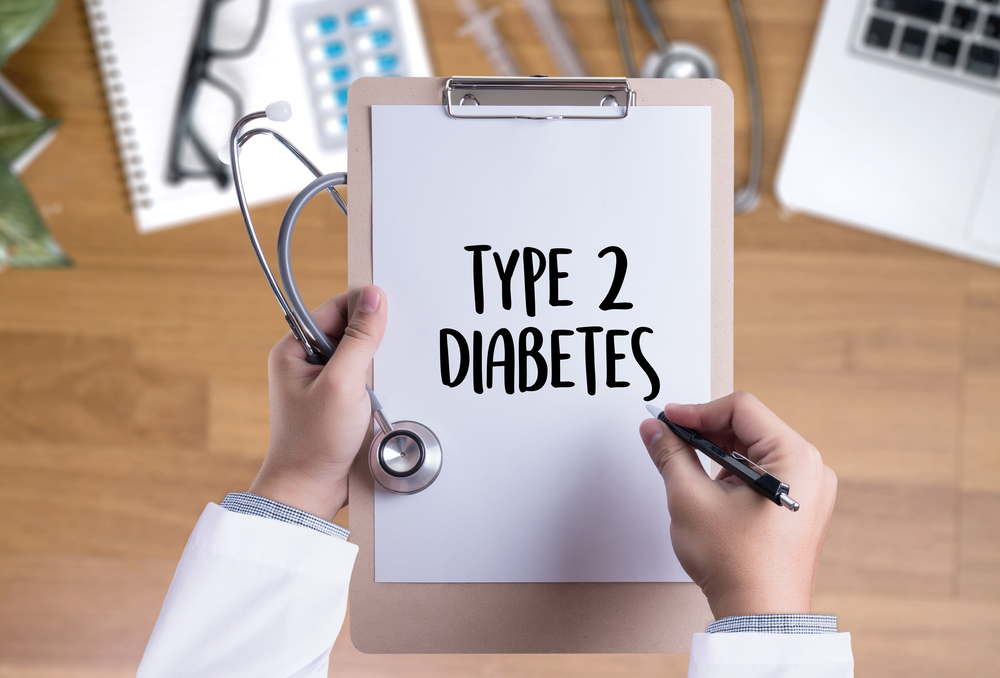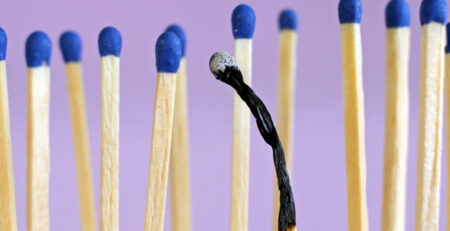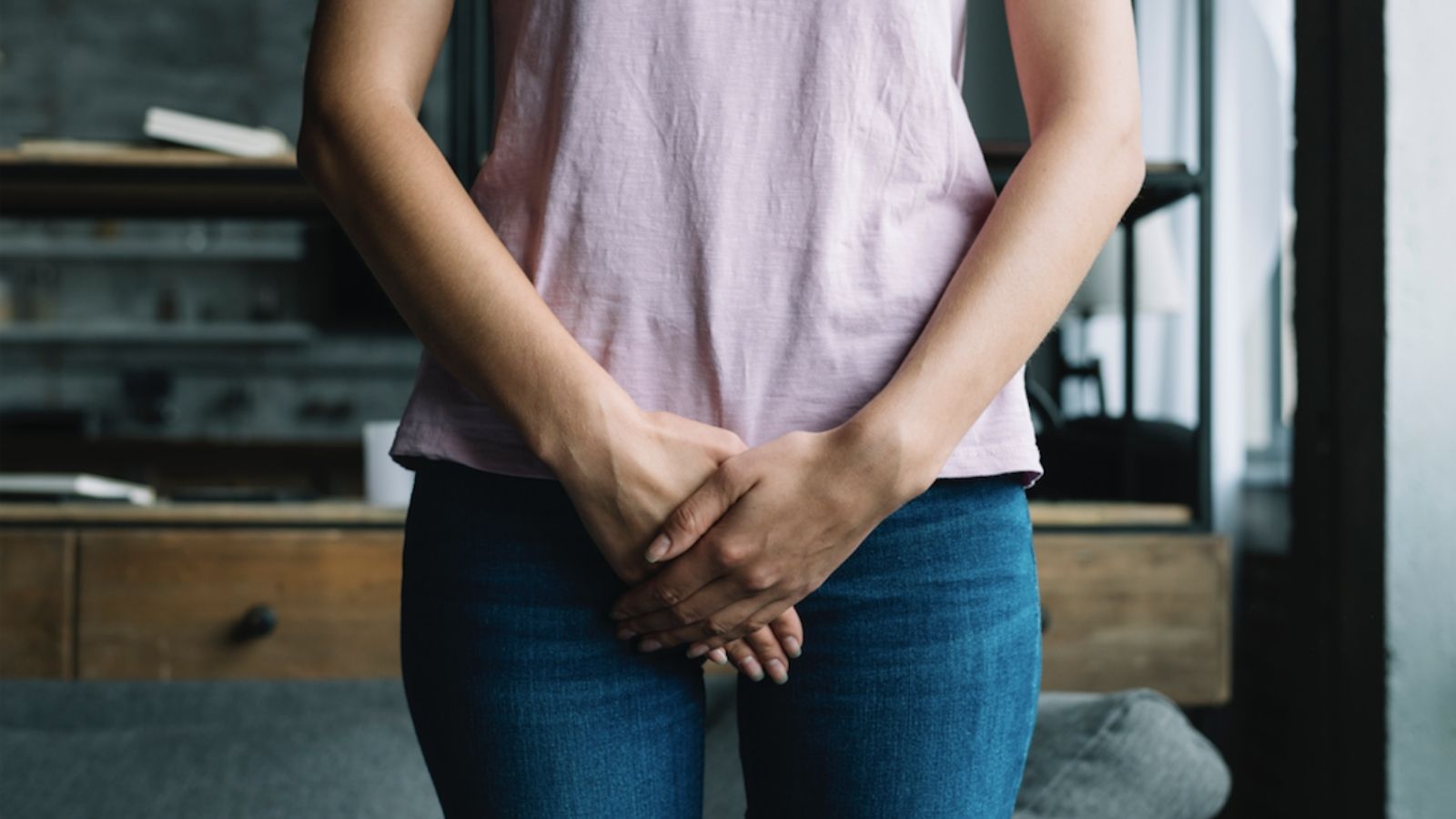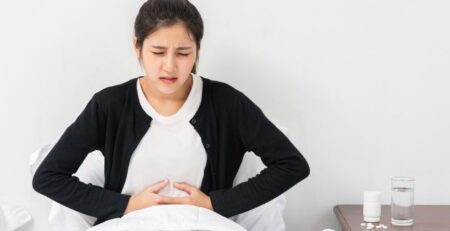Acne: Causes, Treatment and Tips
Every teenager’s worst nightmare is to have that little bump on his/ her otherwise clear skin. It’s such a stressing factor that they try all sorts of creams, cosmetics, face washes, gels and what not to keep the bump away but what most of them not do, is to look for the root cause of having acne.
Let’s understand, what is acne? It’s a chronic inflammatory condition of the skin. Blackheads, whiteheads, pimples, pustules and cyst are the different types of acne. Acne generally affects the face, scalp, upper back, chest and shoulders of a person.
What causes acne? There are three factors which can lead to acne:
- a) Too much oil production
- b) Clogged hair follicles
- c) Bacterial infection
Our skin has pores which are connected to the underlying oil glands (sebaceous gland) via follicles. Hair grows on the skin via the follicle. Sebaceous glands produce sebum whose role is to expel dead skin cells to the skin surface via the hair follicle opening. When the hair follicles are blocked, oil and dead skin cells build up under the skin causing acne. A plug is formed when skin cells, sebum and hair follicle clump together.
When the pores are closed but plugged, the follicle wall bulges and causes whitehead. When the pores are clogged but open to the surface, it’s called a blackhead. It looks like pores are filled with dirt whereas in reality it’s the bacteria and oil which have congested the pore and turned brown on exposure to air.
Raised red spots with white center are called pimples. These develop when there is inflammation or bacterial infection of the blocked hair follicle. When these blockages and inflammation develop deep inside the hair follicle, it causes cystic lumps beneath the skin surface. It is commonly known as cystic acne.
Certain factors which affect the acne are:
- Androgens – Androgens are the hormones which peak in a male and female during puberty. Due to these androgens, the size of sebaceous glands is increased resulting in more sebum production.
- Medications – Drugs which contain corticosteroids or testosterone or lithium can aggravate acne too.
- Nutrition – Plays an important role in the aggravation or correction of acne depending on whether you are choosing a healthy diet or junk food. A balanced diet rich in antioxidants helps fight infection. Topical treatment for acne includes retinoids which are a form of Vitamin A so you can think how beneficial will be the consumption of carotenes (yellow and orange colour fruits and vegetables contain beta carotene, a precursor of vitamin A production in the body) in diet be. Anti inflammatory foods like turmeric, ginger, clove, onion, garlic, black pepper help fight the internal inflammation. Junk food on the other hand is rich in refined sugar, refined flour and refined oil, all of which increase the internal inflammation, cellular waste and disturbs the balance of the body’s good and bad bacterial microflora.
- Constipation – People who do not pass motions on a daily basis are also prone to acne or can see flare ups as constipation prevents the toxins from flushing out of the body which then shows up on the skin.
- Healing crisis – When your body detoxifies, it throws out the toxins from your body. Sweating, passing stools, urination and at times acne are the result of successful detoxification.
- Stress and Emotional health – Elevated stress causes hormonal imbalance which in turn affects the acne – either cause breakouts or flare up an existing acne. There are a lot of people who center their self worth around acne. They compare their skin with the pictures in magazines, newspapers or digital media which publicize a flawless skin. What they miss out is that all these print images are photoshopped for perfection. This negative stress makes the skin more susceptible to inflammation and acne. Self loathing and not feeling good about yourself increases the cortisol levels which in turn creates more hormonal imbalance thus causing flareup leading to more self loathing and hate. It’s a vicious cycle. Only way to break this circle is to accept what you are going through and start working on the root cause.
- Exercise – During workouts there is a lot of sweating along with accumulation of dirt, oil and bacteria on the skin which if not cleaned up, lead to acne. It’s important to maintain good hygiene before, during and after workouts. Remember not to exercise with makeup on, use a clean towel to wipe out sweat during workout and take a bath after finishing the workout.
In sedentary people, the lymphatic system, which is our body’s natural sewage system will not be able to flush out toxins. The build up of these toxins thus shows up on our skin in the form of acne as the body throws out the cellular waste.
- Sleep – It’s important to have a good sleep because sleep deprivation increases the cortisol levels in the body which increases internal inflammation leading to new breakouts or flare ups of existing acne. Your body detoxifies when you sleep and if those toxins are not eliminated, they build up inside your body leading to more inflammation affecting your skin and overall health.
- Menstrual cycle – Women during the menstrual cycle see a flare up in the acne which is because of the hormonal changes. Once the cycle is over, acne subsides on its own.
Bursting some myths
Eating too much oily food does not have a profound effect on acne but if you work in an environment where there is a lot of frying or use oil based cosmetics (comedogenic), it can block the hair follicles further as the oil can stick to the skin.
Also thinking that dirt and pollution is causing acne, people tend to rub the skin too hard or use harsh chemicals or soaps. These kinds of products irritate the skin further and may aggravate acne. So it’s not the dirt but the products that people use to wash away the dirt which is affecting the acne.
Micronutrients helpful in fighting acne
- Zinc – It is one of the important minerals required by the body for various enzyme activities, cellular reactions, wound healing, protein synthesis and immune functioning. Zinc has anti inflammatory and anti bacterial properties, hence one of the very important nutrients to fight acne. Food sources of Zinc include seafood, poultry, nuts, beans and whole grains.
- Vitamin A – Most of the topical acne treatment creams contain retinoids which are a form of Vitamin A. Vitamin A is important for skin health and it also counters the action of propionibacterium acnes which is a type of bacteria which causes acne. Beta carotene which is a precursor of Vitamin A works as an antioxidant which fights free radicals and hence prevents damage to cells. Food sources of Vitamin A include yellow and orange color fruits and vegetables, dark green leafy vegetables and fishes like salmon, tuna, herring.
- Vitamin E – It has been long known that Vitamin E is beneficial for skin health, hence you can see Tocopherol (Vitamin E) mentioned in the ingredients list of most of the skin care products. Vitamin E is anti inflammatory which helps boost up the immune system and promotes cell regeneration. Food sources of Vitamin E include almonds, peanuts, hazelnuts, wheat germ oil, sunflower seeds, green leafy vegetables like spinach and broccoli.
- Vitamin B3 (Niacin) – In the form of Nicotinamide, Vitamin B3 helps improve the quality of skin. Vitamin B3 helps fight acne due to its anti-inflammatory action and the ability to lower down sebum production. Food sources of Vitamin B3 include poultry, fish, whole grains, peanut and avocado.
- Selenium – It’s a potent antioxidant hence helps to fight the damage caused to skin due to free radicals hence reducing inflammation and flare ups. Food sources include Brazil nuts, whole grains ,eggs and chicken.
- Magnesium – It regulates cellular repair and regeneration hence protecting skin from external attack. It also helps lower down cortisol levels which in turn stabilises hormonal imbalance inside the body thus helping correct the acne caused due to hormonal disturbance. Food sources of magnesium include pumpkin seeds, non alkalised raw cacao powder, almonds, cashew, black eyed peas and beans.
Home remedies to fight acne
In order to cure the acne, the most important point is to find out the root cause and work on it. Only topical application will not help eliminate the acne completely. It will be a yo yo cycle because the reason for those acne to show up on your face is still present inside your body. Here are a few suggestions which you can use to fight acne while working on the root cause:
- Cucumber ice cubes – Add 1 tsp of honey and 1tbsp of lemon juice in a puree of 1 medium size cucumber. Mix well and pour in an ice tray. Refrigerate to make ice cubes. Apply these ice cubes on the affected area every day. (Avoid in winters)
- Sole water face wash – Mix 1 tbsp of pink salt crystals in a glass of water. Refrigerate it overnight. Wash your face with this sole water first thing in the morning on waking up. Do not use any soap or face wash for the next 4-5 hours. (Avoid if you have a dry skin)
- Multani mitti and neem pack – Mix either the juice of fresh neem leaves or organic dried neem leaf powder in multani mitti (fuller’s earth). Add 1 tsp of pure rose water to the mix. Add water to make a paste. Apply this mix as a face pack on the affected area. Do not let it dry too much and do not talk while you have applied it on your face, may cause wrinkles. Rinse off with water or wipe off with a damp towel. Do not use face wash or soap for the next 5-6 hours. (Works well for oily skin).
- Tea tree oil – Apply tea tree essential oil on the acne only and not on the full skin. (Do a patch test first to see if tea tree oil suits you)
- Apple cider vinegar – Dilute Organic unpasteurized apple cider vinegar with the mother culture in the ratio 1:10 in water. Use this mix to rinse your affected area once a day. (Never use apple cider vinegar undiluted, it may burn your skin)
- Aloe vera gel – Applying aloe gel taken out freshly from an aloe plant or Organic aloe gel (pure, no chemicals added) works well to fight off acne and have good skin.
- Raw potato juice – Take a fresh potato and wash it well. Crush the potato in a mixer or grate it with a grater to make pulp. Squeeze out the pulp to extract juice. Apply this juice on the affected area, let it dry and then rinse off with cold water. (Please do a patch test on a small skin area before applying on the affected area)
- Coriander and turmeric pack – Take 10 ml of coriander juice and add a dash of turmeric powder to it. Apply to the affected area. Let it dry and then rinse off with cold water.
Cosmetics and personal hygiene products are loaded with parabens, sulphates, sls, parfum and other harsh chemicals. Also the plastic bottles they are packed in cause build up of xenoestrogens (compounds which mimic estrogen in the body creating hormonal imbalance) in the body. Make sure to read labels carefully. Transfer the product to a glass bottle after purchasing. Always go for organic and natural skin care products. If you need help finding such products, please visit Luke’s Holistic Health store on Facebook or Luke’s Wellness Market page ( @lukeswellnessmarket ) on Instagram.
Top foods to have natural skin glow
- Lemons
- Strawberries
- Avocados
- Papayas
- Pumpkin
- Sweet potato
- Cooked tomato
- Turmeric
- Kale
- Beetroot
- Carrots
- Walnuts
- Almonds
- Sunflower seeds
- Omega 3
All these foods work in combination with a healthy lifestyle. Please remember there is no magic pill to get a clear skin. You need to find the root cause and work on it. It’s always an inside out approach. Your skin is the reflection of what is going on inside the body so always remember to work on all the 4 pillars of lifestyle – balanced nutrition, adequate exercise, quality sleep and emotional detox.
Disclaimer: The guidelines mentioned above are not a replacement of the medical advice given to you by your doctor. Always keep your health expert in loop if you are planning to try something new. Also, always do a patch test before applying anything on skin.
|
From a pimple to cancer, our You Care Wellness Program helps you find a way Talk to our integrative team of experts today 18001020253 |










Leave a Reply